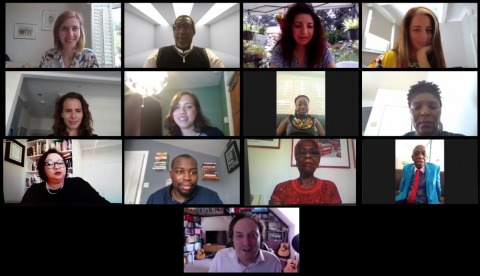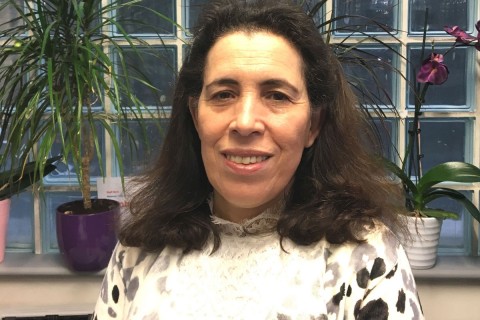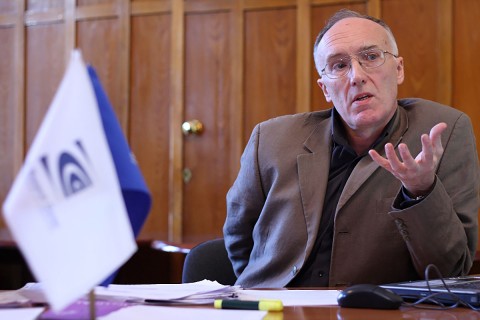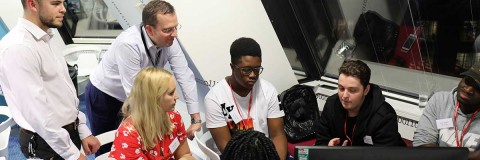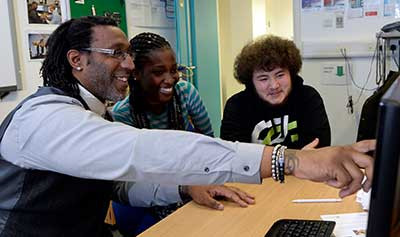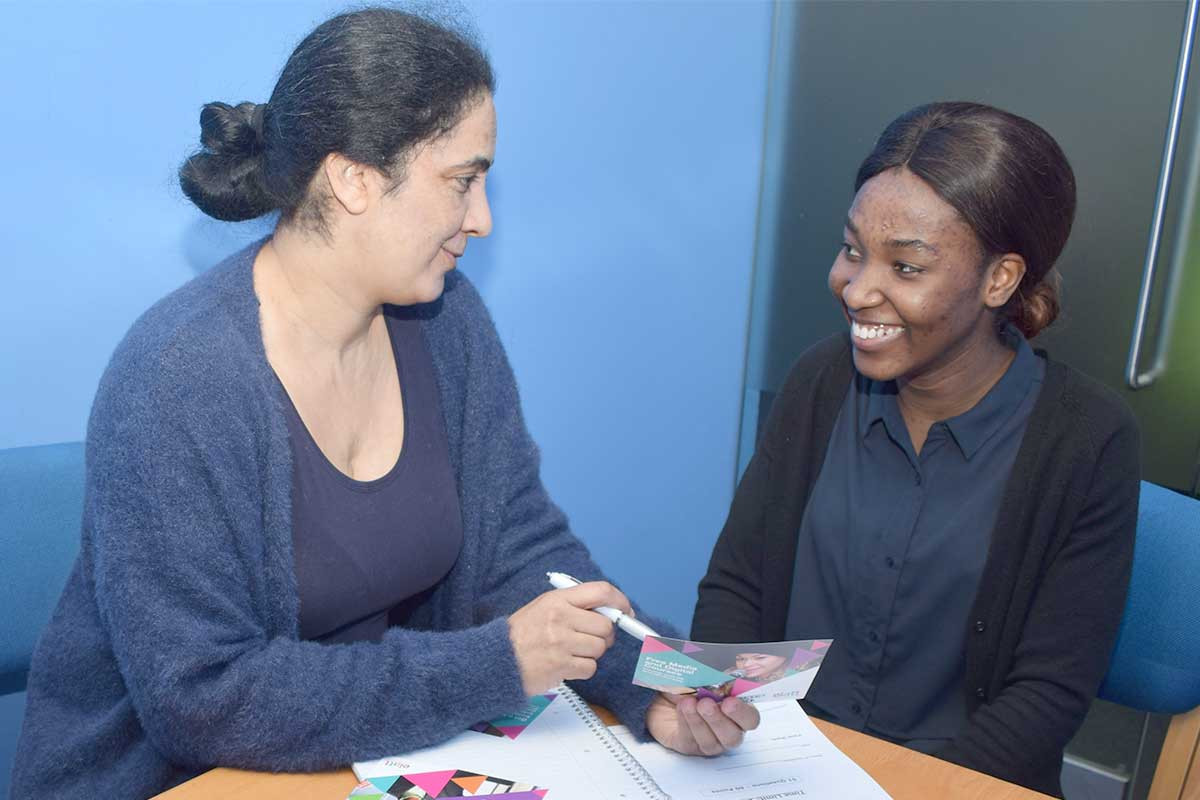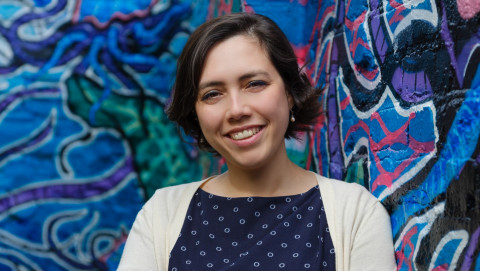Over 200 attendees join charity event with world class speakers; Dr Thomas Mensah, Judge Chantel Fortuin and Marva Rollins to celebrate Nelson Mandela Day and reflect on Black Lives Matter movement
ELATT, an award-winning training provider and charity offering Digital Skills, ESOL and other courses across London, welcomed speakers from around the globe on Friday 17th July, to join their online student celebration. The event focused on the themes of Black Lives Matter, International Justice Day (17th July) and Nelson Mandela Day (18th July).
Dr Thomas Mensah, one of the key inventors of the fibre optic technology that allows us to use the internet, joined the event from Ghana, and had attendees chanting the title of his book and mantra, “The Right Stuff Comes in Black Too! I can do anything I put my mind to!”. His story of growing up in Kumasi, Ghana, studying with scholarships in France and the USA, and being inducted into the National Academy of Inventors in 2015 left the audience uplifted. Attendees left comments in the chat including “Thank you Dr Mensah - what an inspirational journey you've had in which we are all now benefiting” and “beautiful, what an amazing morning, from pain to purpose here I come”.
A focus on education was offered by Marva Rollins OBE, who shared her journey from being a single mother of three, to becoming the first black headteacher in the London Borough of Newham. Key messages from her talk included the importance of being kind, not only to others but to ourselves with our internal voice. She also gave practical tips to ELATT’s aspiring teaching assistants. Audience feedback included “It was very inspiring to hear Marva talk about the Windrush generation and how difficult it was” and “Yours is a wonderful and inspiring story, thank you Marva, for telling it with such warmth, honesty and clarity.”
Judge Chantel Fortuin, joining the event live from South Africa, offered some real gems of knowledge, highlighting that she didn’t realise justice could be used for means other than oppression for a long time. This realisation that she could make a difference and bring justice to the working class in her community gave her purpose to work hard in her studies, leading to her become an attorney whilst also working full time and raising a family. Comments from students included, “inspirational story and speech. Thank you Judge Fortuin” and “Thank you Chantel, for such a powerful, inspiring and massively positive speech.” Her story inspired us all.
An installation of student, staff and volunteer art and media work around the theme of equality and Black Lives Matter was also presented. ELATT are donating to Irie Minds in respect of this work. You can find the installation here www.elatt.org.uk/blacklivesmatter
ELATT are planning a series of events to celebrate black leaders and achievements – if you would like to attend or get involved, please click here or contact This email address is being protected from spambots. You need JavaScript enabled to view it.. We are always happy to partner with employers to offer work placements, volunteering or mentoring – if you’d like to support our learners, please email This email address is being protected from spambots. You need JavaScript enabled to view it.. If you’re interested in furthering your education and joining one of ELATT’s free training courses, check out ELATT.org.uk
ABOUT ELATT - Over 30 years of bringing diversity into the workplace in London.
We’re an award-winning education charity, and since we started in 1984, we’ve supported hundreds of students to better their lives through employment.
Our vision is a London where everyone can flourish in their lives, no matter their age, background or circumstances. We welcome students who want to develop their skills, gain confidence and learn at any stage of their lives. Our courses include Web Design and Development, Computer Engineering, Digital Media Production, Business IT and English and maths.
Please also contact Catriona (This email address is being protected from spambots. You need JavaScript enabled to view it.) if you would like to cover the event and find out more information.
IMAGES - More images can be provided if you wish to run the story.
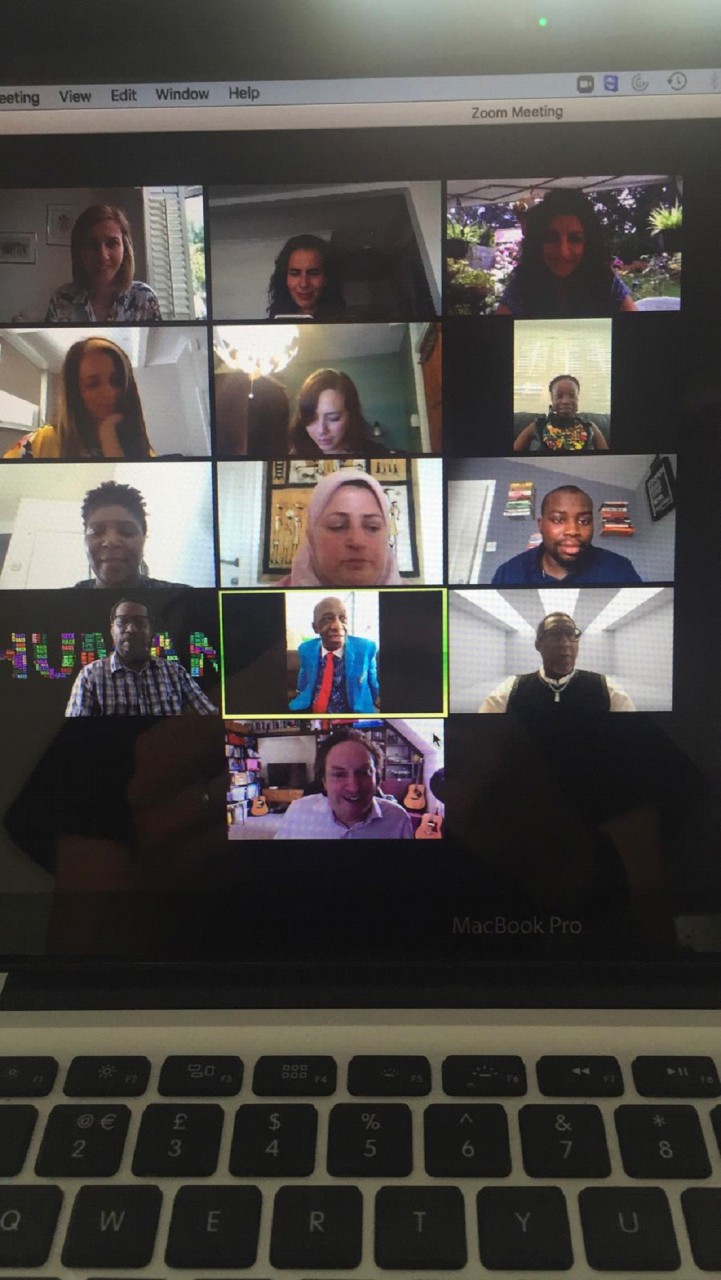
Presentations on the day (Credit: Catriona Salisbury)
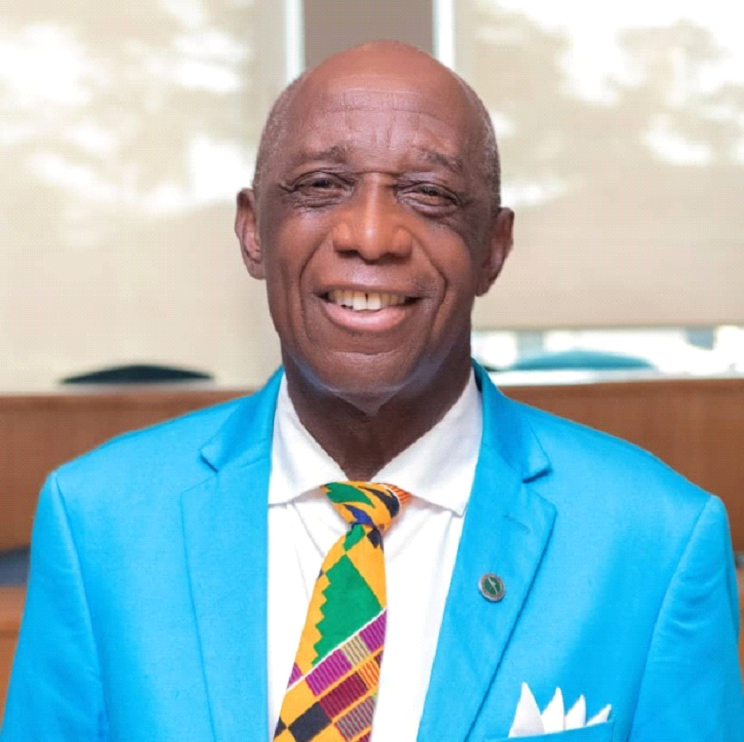
Inventor and scientist Dr Thomas Mensah (Credit: Dr Thomas Mensah)
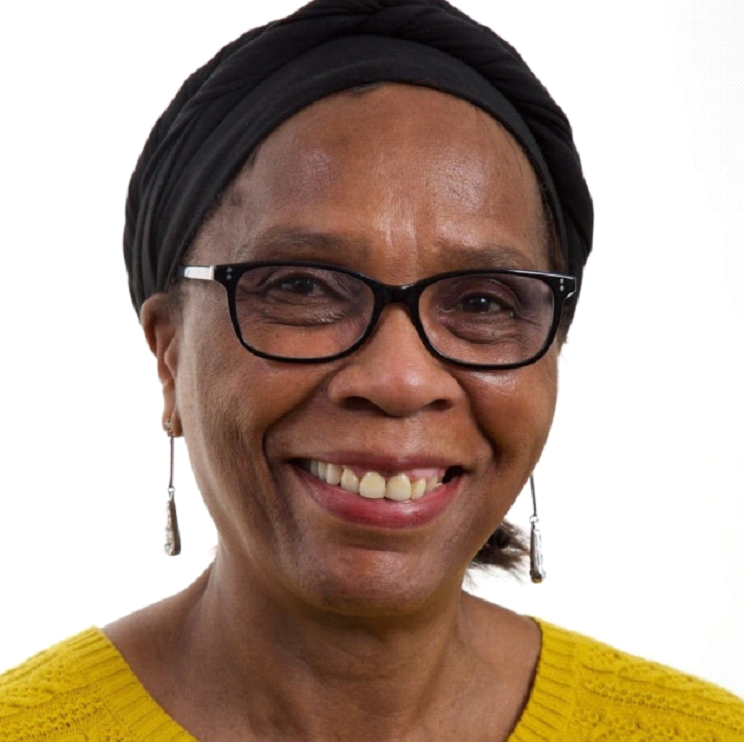
Marva Rollins OBE (Credit: Marva Rollins OBE)

Judge Chantel Fortuin (Credit: Chantel Fortuin)

Councillor Anthony Okereke, the Labour & Co-op Councillor for Woolwich Common Cabinet Member for Housing (Credit: Royal Borough of Greenwich)

A young viewer joining with with Dr Thomas Mensah (Credit: Catriona Salisbury)


